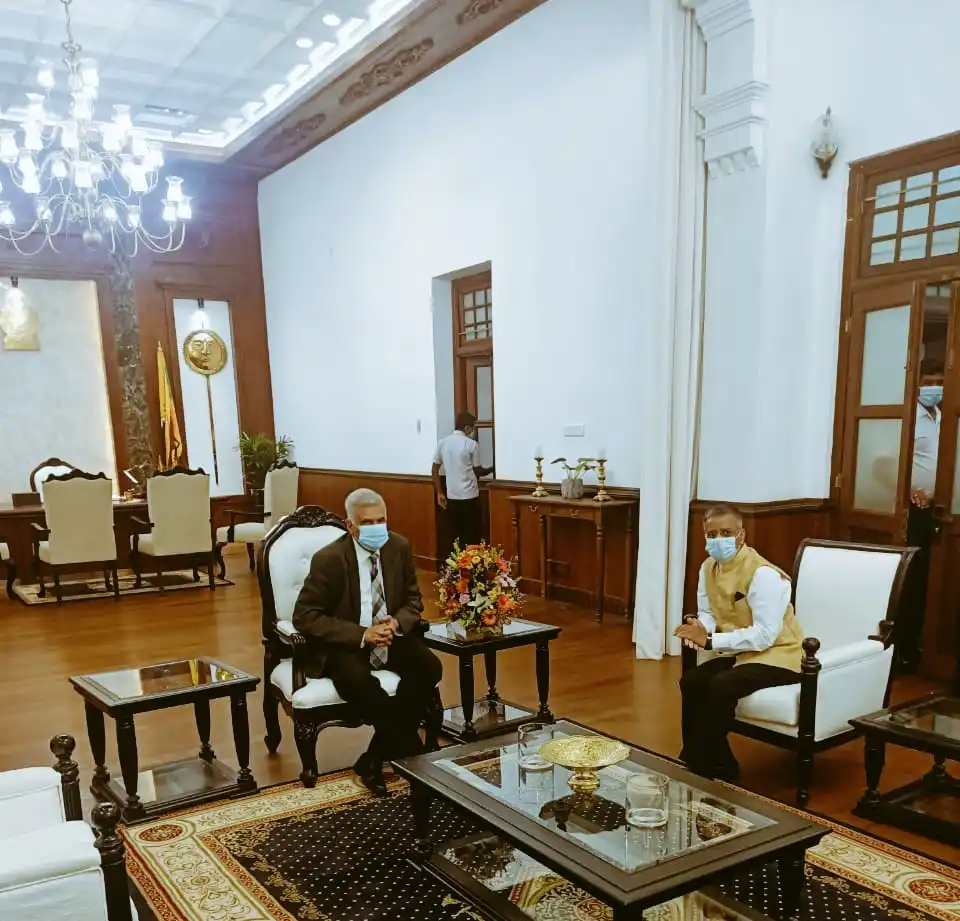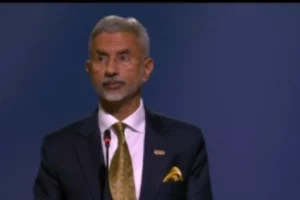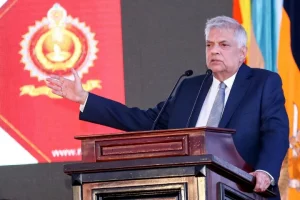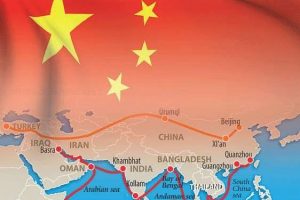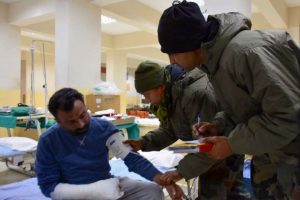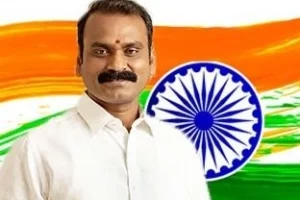Ranil Wickremesinghe who is in the hot seat as Sri Lanka's new Prime Minister has given a clear indication about the shift in his country's foreign policy. One of his initial decisions on his first day in office on Friday was to meet Gopal Baglay–the Indian High Commissioner to Sri Lanka.
Tweeting photographs, the Indian High Commission in Colombo said: "High Commissioner called on Hon'ble PM. Conveyed greetings and good wishes. Discussed continued India-Sri Lanka cooperation for economic recovery and stability in Sri Lanka through democratic processes towards the well being of all the people of Sri Lanka".
High Commissioner called on Hon'ble PM @RW_UNP. Conveyed greetings and good wishes. Discussed continued
cooperation for economic recovery and stability in #SriLanka through democratic processes towards the well being of all the people of
. pic.twitter.com/XJur9hGLtw
— India in Sri Lanka (@IndiainSL) May 13, 2022
Former Indian ambassador to the UN, Manjeev Puri told India Narrative: "I think the new Sri Lankan Prime Minister has articulated correctly through words and actions that he recognises the value that India brings". This is a good sign for both India and Sri Lanka, says Puri.
India's former ambassador adds that given the state of play in the island nation, this is the need of the hour. "The current geo-politics of the world and the situation in the region calls for closer India-Sri Lanka cooperation. This also brings together societies and countries that have common historical and social links", says Puri.
The new Sri Lankan prime minister also met the Colombo-based ambassadors from the US, China, Japan and the UK. Reports from the Sri Lankan capital say that Wickremesinghe is looking at setting up a “foreign aid consortium” in a bid to extricate the country from the financial crisis.
Way back in the late seventies, one of Wickremesinghe’s initial ministerial positions was to serve as the Deputy Minister of Foreign Affairs. Sources say he is well placed to influence world leaders to help Sri Lanka come out from its worst-ever catastrophe since independence.
Immediately after the swearing in ceremony on Thursday evening, Wickremesinghe visited a temple where he thanked India for its assistance during the crisis. Wickremesinghe said: "I want a closer relationship and I want to thank Prime Minister Modi".
India has extended aid of nearly $3.5 billion in the form of fuel, food and medicines to Sri Lanka since January this year.
Dhananjay Tripathi, Associate Professor in the Department of International Relations, South Asian University, told India Narrative that Wickramsinghe has done the right thing by talking to India at the very beginning. "There were two things that India did right–one was that our aid reached Sri Lanka in time. Secondly, there are no stringent conditions linked to the aid", says Tripathi.
He adds: "Foreign Minister S Jaishankar was in Colombo at a time when Sri Lanka was in the midst of the crisis. He told Colombo that we will do what we can. That showed his intention to help".
Tripathi says that Wickremesinghe is trying to wean the country's foreign policy from its excessive dependence on China. "That larger tilt towards China has not helped Sri Lanka. Currently, there is a strong anti-China feeling among the people. China got too much control in Sri Lanka because of the Rajapaksa family, which the new prime minister is trying to balance", says Tripathi.
Wickremesinghe took over as the Prime Minister on Thursday after holding a meeting with President Gotabaya Rajapaksa, currently facing public ire for economic mismanagement, a day earlier. This does not seem to have gone down well with the opposition parties, who are not extending support to the new prime minister. Many political parties consider Wickremesinghe close to the all-powerful Rajapaksa family, which has lost public support.
Currently Sri Lanka seems to have just around $50 million worth of foreign exchange. The country had last month taken the decision to defer foreign debt worth $51 billion due to severe paucity of forex. Now it is in talks with multilateral institutions and other countries to help it provide bridge financing till the International Monetary Fund (IMF) approve a loan.






